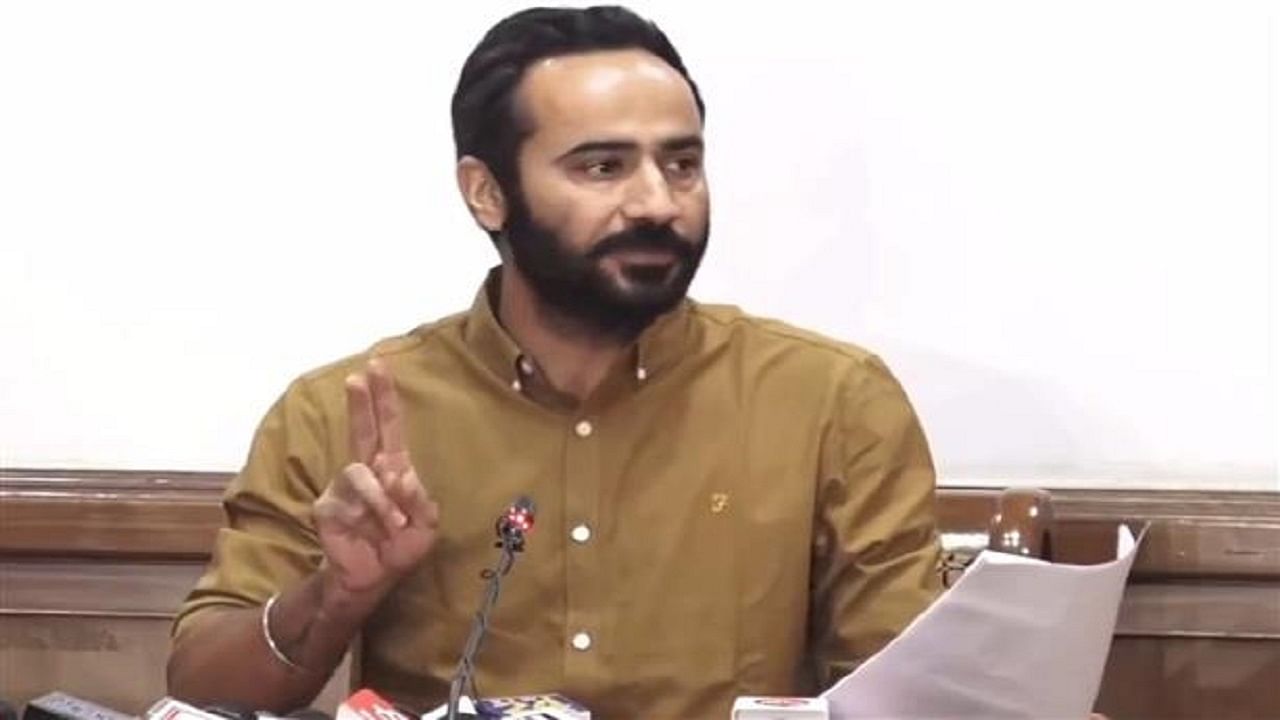
Punjab's farmers have finally realized their long-awaited dream of receiving canal water after decades, thanks to the implementation of MGNREGA at an expenditure of Rs 200 crore, as highlighted by Gurmeet Singh Meet Hayer, the Water Resources Minister of the state.
Hayer commended the efforts of all department officers and employees for this remarkable achievement, emphasizing the urgent need to strengthen the canal water network to safeguard agriculture and groundwater in Punjab.
Acknowledging that farmers are accessing canal water for the first time, Hayer mentioned that cotton belt farmers had already received this resource during the sowing season in response to their demand. Out of the 15,741 water courses that had been closed for many years due to the unavailability of canal water, the Water Resources Department managed to restore 13,471 water courses within the past two-and-a-half months.
Currently, there are only 2,270 remaining water courses out of a total of 47,000 in Punjab that need restoration, and work is actively underway to address them promptly. To facilitate the restoration process, the government accorded official status to these water courses, replacing their previous designation as community water courses. Furthermore, the requirement of repairing water courses after 25 years was abolished.
The minister stated that the Water Resources Department successfully restored these closed water courses at a cost of Rs 200 crore through MGNREGA, making use of unutilized funds as well.
Additionally, efforts were made to increase the capacity of BML, BDC, and UBDC, as more than 20 percent of the canals in Punjab were running beyond their intended capacity, ensuring adequate water supply to the tail-ends.
To ensure the efficient distribution of canal water to farmers, the department has implemented a rigorous inspection system involving patwaris and executive engineers.
Hayer highlighted that last year, only 21 percent of irrigation relied on canal water, while the remaining 79 percent relied on groundwater. However, the new initiatives are expected to significantly expand the area irrigated with canal water.
Another notable achievement was the swift resolution of revenue cases related to canal water disputes, which had been pending for an extended period. Within a year, 4,700 new dispute cases emerged, but the department managed to resolve 5,016 cases, clearing the backlog. Presently, only 1,563 cases remain pending and are expected to be resolved soon.
Furthermore, Hayer provided details regarding the department's efforts to mitigate the potential threat of floods during the rainy season. Prior to the season's onset, the department completed 318 flood-prevention projects amounting to Rs 89.10 crore.
















